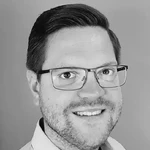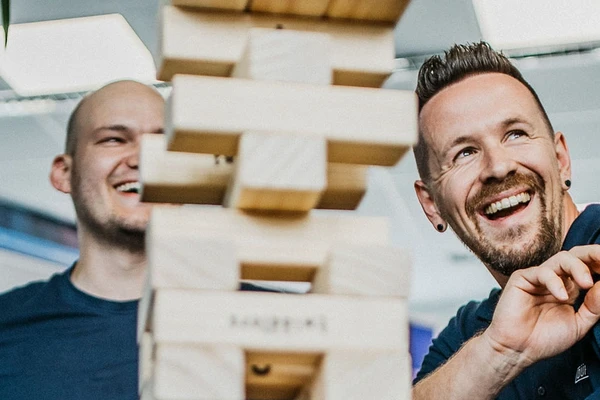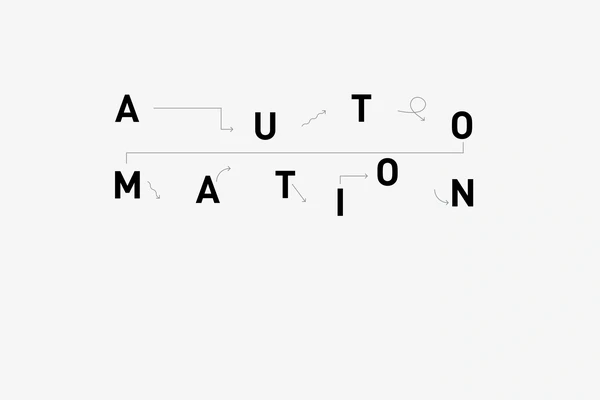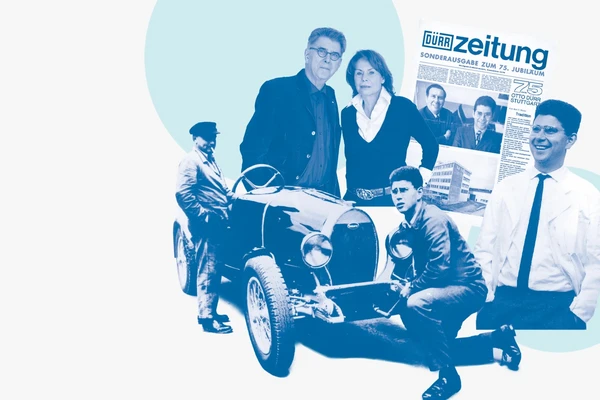
What does a scrum master do?
Apr 25, 2024
The most interesting conversations usually take place over coffee in the break room. There, Laura Manske tells us what she particularly likes about her job at the Dürr Group’s subsidiary Schenck RoTec in Darmstadt — and why there is often cake.
When I tell people that I am a scrum master, the same keywords always come up. People say it's something like a mentor, organizer, or coach. In fact, that’s all part of my role. I am responsible for making sure that the members of the scrum team can do a good job. I remove obstacles, mediate in case of disagreements, and optimize cooperation.
When management asked me four years ago if I would like to join the software development team as a scrum master and team leader, I didn't think twice. Prior to that, after completing my work-study program as an industrial engineer, I had spent five years managing projects for the automotive industry at Schenck. That’s how I knew that working with people suited me. It was time for something new.
Methods to improve processes
To become a certified scrum master, I attended a training course and took an exam. We learned methods to improve processes, solve problems, or mediate between teams.
My day-to-day work consists of many meetings. It usually starts with the 15-minute daily scrum, where we gain an overview of the current status. Alongside me, the meeting is attended by the software development team and product owners, who keep an eye on customer requirements.
The members of a scrum team usually report to different superiors. The software products are developed in an interdisciplinary manner. For us, this involves either software for machines that have already been launched on the market or the new Schenck ONE software generation, which can be connected to the cloud.
Laura Manske
The industrial engineer has been working at Schenck RoTec since 2012.
As a scrum master for software products, she works with her team to develop solutions for complex balancing machines. When things get hectic, she remains calm and guides the team through the sprints in a structured way.
I really appreciate the international focus of my job.
Laura Manske, Scrum Master at Schenck
We work with agile methods, because customer requirements change quickly and we want to offer customers the right software solution as early as possible. A conventional development process would take too long. That’s why software is developed in three-week sprints. During this period, we must achieve an ambitious milestone at each stage.
Job with international focus
After that, the newly developed software features are tested to see if they work. This is largely handled by colleagues from India, who are also part of our scrum teams. I really appreciate the international focus of my job.
Afterward, several new software features are delivered as a bundled software update. We incorporate user feedback within the next sprints and releases. Things can get hectic sometimes. If a piece of software isn’t working properly, we need to find the error quickly. Overcoming a challenge like this together is a great experience that brings people together.
We also celebrate small successes as a team. When software has been successfully delivered, we have a “release cake”. But I don’t always bake this myself. Each time it is someone else’s turn.
From rugby to software development
What does scrum mean?
The term has its origins in rugby, where players often huddle together in a scrum to gain possession of the ball.
In a figurative sense, scrum refers to an agile working method in project management. The method is used in software development in particular.
The scrum team huddles together to drive a project forward step by step in a self-organized manner and at fixed intervals (so-called sprints that last several weeks).
The three classic roles in the scrum organization are the scrum master, the product owner, and several developers.
More about
- Agile working in the Digital Factory at Dürr: → From new ideas to new applications in a snap
- What does a Project Manger's typical working day look like? Kassem Chaou is → right on the mark

Holger
Mayer
Global Director Digital and Marketing
Schenck RoTec GmbH
Landwehrstr. 55
64293 Darmstadt
Germany
Landwehrstr. 55
64293 Darmstadt
Germany







